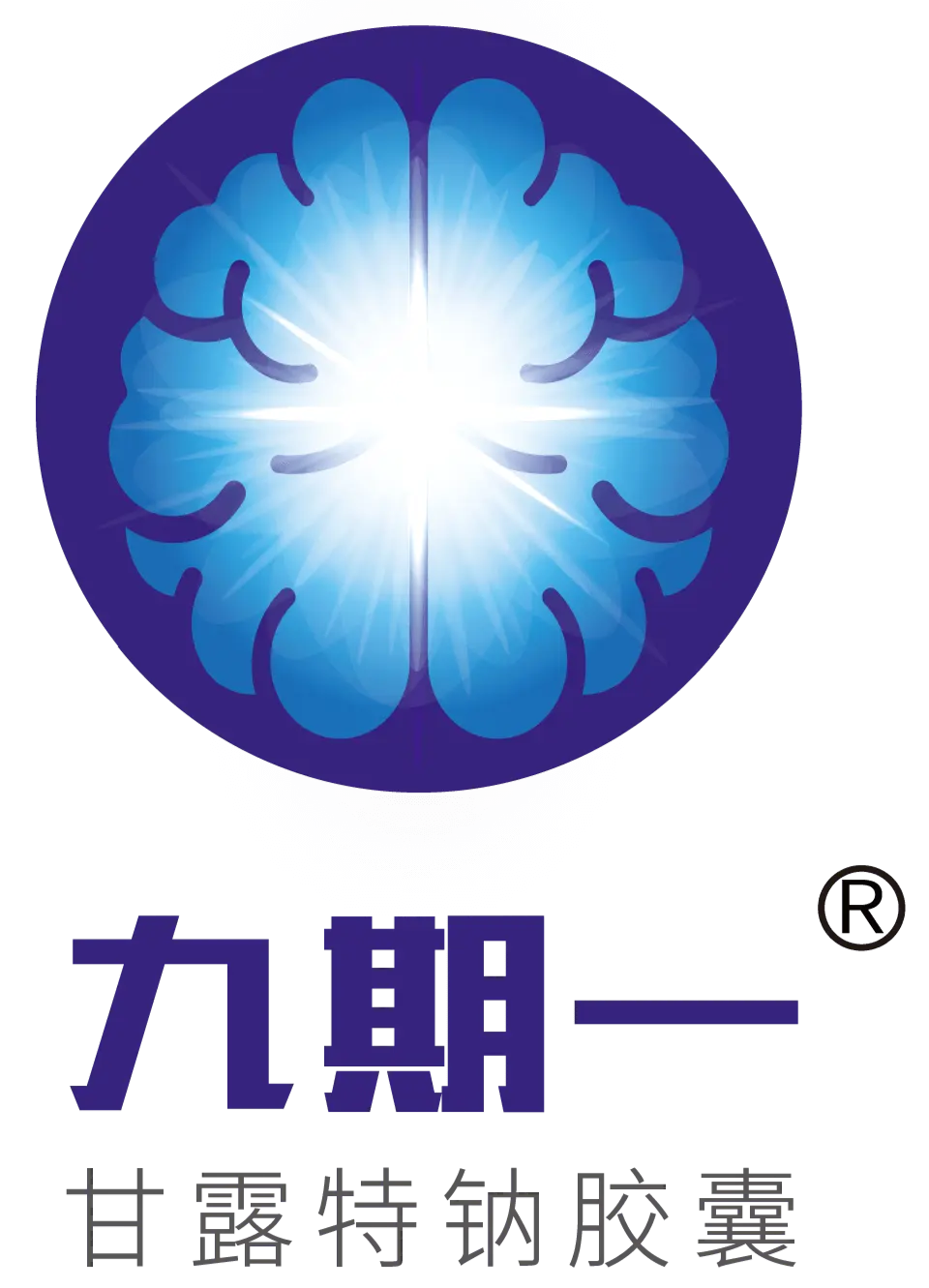Sodium Oligomannate Combined with Donepezil in Treatment of Alzheimer Disease with ApoE ε3/ε4 Genotype: A Case Report
In March 2022, Chinese Journal of New Drugs and Clinical Remedies published a single-case study by Qi Chen, Feng Haiyi, Lou Zhiyin, et al. from Xinhua Hospital Affiliated to Shanghai Jiao Tong University School of Medicine, introducing sodium oligomannate combined with donepezil in treatment of Alzheimer’s disease (AD).
Globally, the number of AD patients continues to increase, but the current status of AD treatment remains unsatisfactory. Drugs such as cholinesterase inhibitors and excitatory amino acid receptor antagonists cannot effectively reverse the course of the disease.
Facing the conundrum of AD treatment, the research and development of novel drugs such as anti-β-amyloid (Aβ) agents and anti-tau antibodies has drawn much attention. Sodium oligomannate is a new type of AD drug based on regulating the gut-brain axis, improving the microenvironment of the central nervous system, regulating the central inflammatory responses, and exerting neuroprotective effects.
The case study reports a patient of AD with ApoE ε3/ε4 genotype that was treated with sodium oligomannate in combination with donepezil, which provides a reference for clinical diagnosis and treatment.
CASE REPOR
Without obvious causes, the patient gradually developed memory loss two years ago, manifested as forgetting recent events and failing to remember items after placing them, though still with normal long-term memory and normal activities of daily living. One year ago, the patient's memory further deteriorated, often forgetting to turn off the gas, lock the door, etc., sometimes wearing clothes backwards, occasionally exhibiting unfamiliarity in familiar environment, and having partially impaired activities of daily living, but still received no medical treatment. Six months ago, the patient's memory loss significantly worsened, forgetting what has just been said, exhibiting agitation, irritability and paranoia, and having mild impairment of verbal communication and poor verbal fluency, although there were no visual hallucinations, auditory hallucinations, delusional symptoms, impulsive behaviors, etc. .
In the early stage of memory impairment, the patient was not diagnosed and treated in time, so the symptoms progressed before psychological and behavioral abnormalities occurred eventually. After the patient was diagnosed with AD, donepezil was chosen to improve the transmission of acetylcholine neurotransmitter in combination with sodium oligomannate to regulate gut microbiota dysbiosis, reduce neuroinflammation, improve clinical symptoms, and alleviate disease progression, based on evidence-based proof and guideline recommendations.
Through standardized, long-term treatment and follow-up, the patient's cognitive function was significantly improved after six months of combined treatment. After 15 months of combined treatment, the patient’s psychological and behavioral symptoms, activities of daily living, language fluency, and NPI (Neuropsychiatric Inventory) and CDR (Clinical Dementia Rating) scores were all significantly improved, suggesting that the treatment plan was positive and effective.
DISCUSSION
Through the observation of the curative effects on the patient, the treatment of AD with sodium oligomannate in combination with donepezil AD not only improved cognitive function, but also reversed the psychological and behavioral symptoms and activities of daily living. The reason may be related to sodium oligomannate’s unique multi-target pharmacological mechanism of action.
After 12 months of standardized and combined treatment, the patient's results of multiple neuropsychological scales were significantly improved, suggesting that a prolonged treatment with sodium oligomannate may have a better therapeutic outcome for the improvement of the patient’s cognitive function, psychological and behavioral symptoms, and activities of daily living.
Effective detection of AD requires early and accurate diagnosis, and effectiveness in delaying the progression of AD requires long-term standardized treatment. The case study provides a reference for the combined use of donepezil and sodium oligomannate in clinical practice, although the efficacy of the combined treatment still needs to be further verified by expanding the sample size. At present, the field of AD treatment is facing huge difficulties and challenges, so it is imperative to actively explore new disease-modifying drugs and develop drugs with good safety and efficacy.








